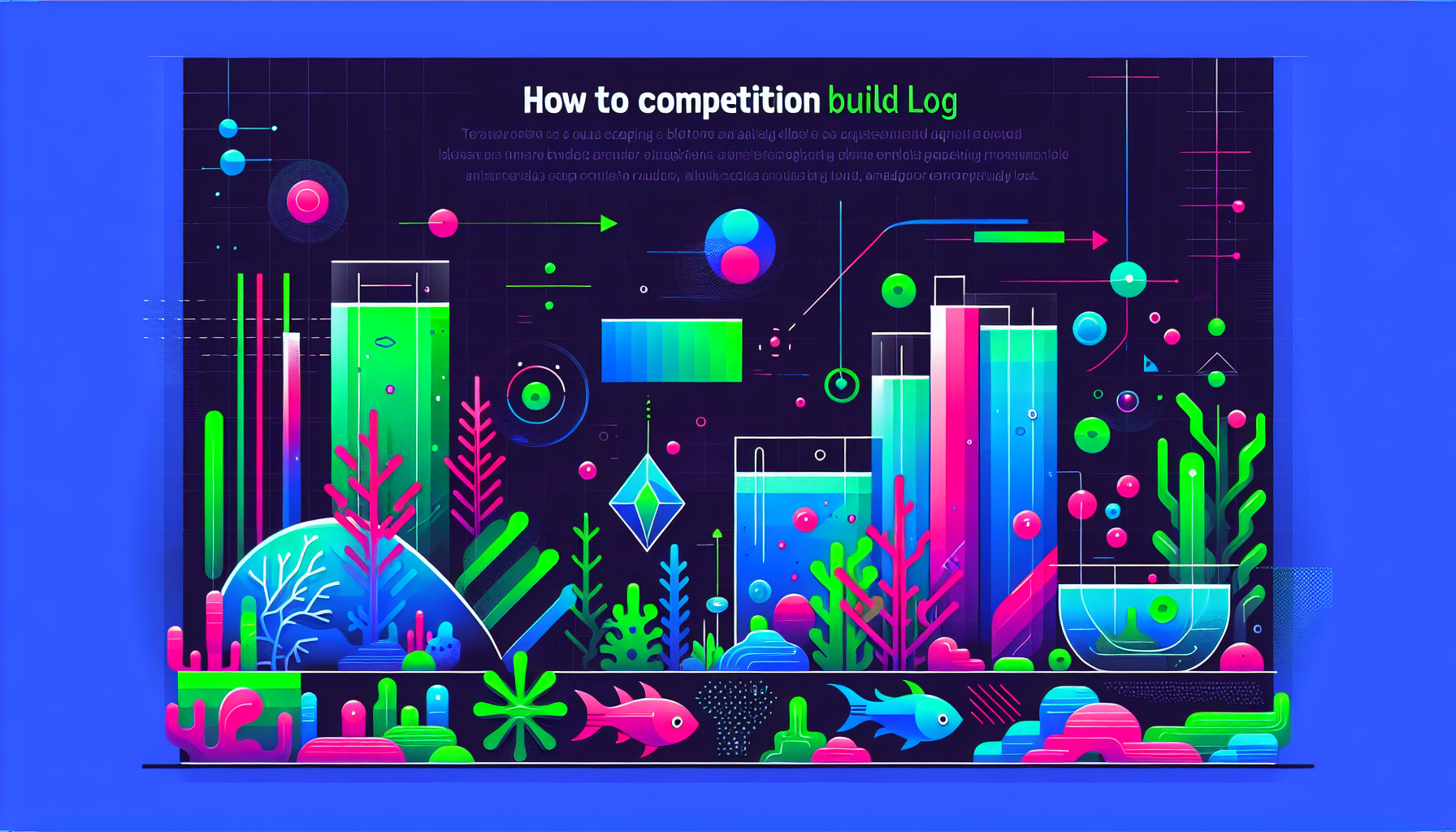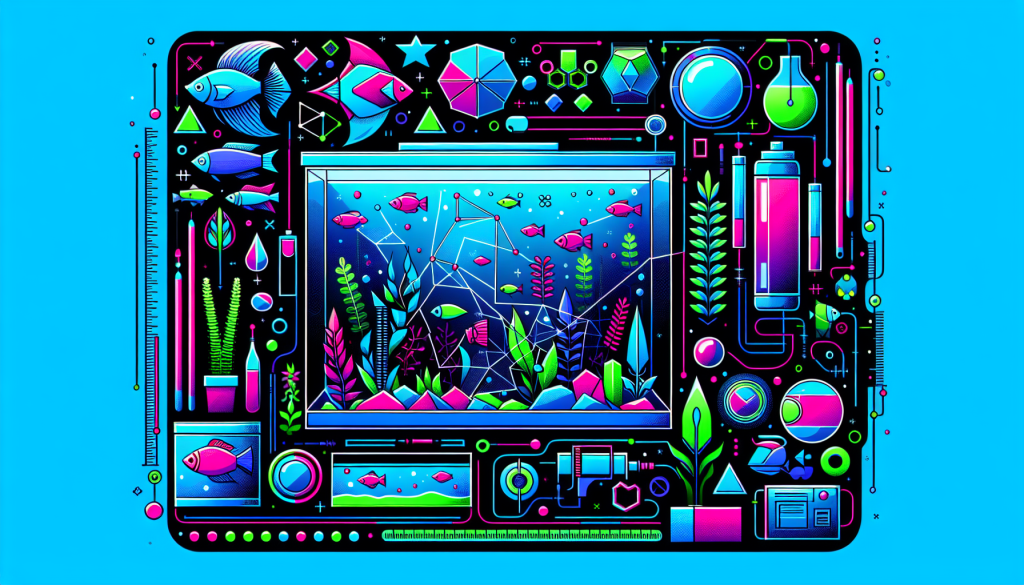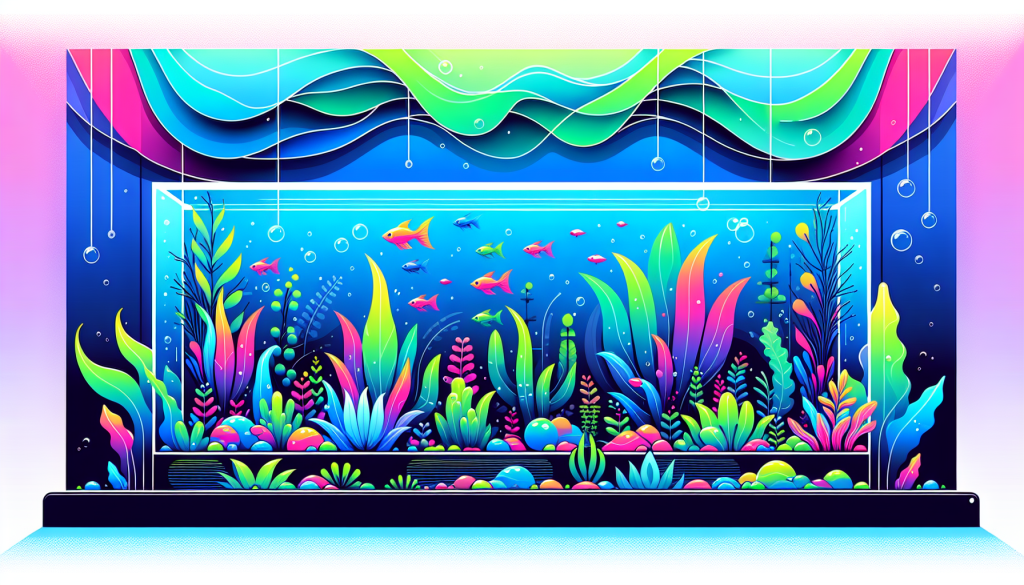How to Competition Build Log (Intermediate Guide)
Have you ever wanted to showcase your aquascaping journey or enter an aquascaping competition? A well-documented competition build log not only tracks your progress but can also set you apart in the eyes of judges and fellow aquascapers. This intermediate guide will walk you through the essential steps and techniques to create an organized, visually appealing, and insightful build log that highlights your skills and creativity. Whether you’re entering the top international aquascaping competitions or simply want to improve your documentation, read on for expert tips!
Why Document Your Aquascaping Competition Build?
Keeping a build log offers numerous benefits for both personal growth and competitive edge:
- Reflect on Progress: Visualize improvements and changes over time.
- Problem Solving: Track issues and how you resolved them.
- Judge Engagement: Share your story and process, making your entry more memorable.
- Community Inspiration: Inspire fellow aquascapers by sharing your unique approach and challenges.
Essential Tools for Logging Your Aquascaping Build
Before starting your log, gather these tools to streamline documentation:
- Digital camera or smartphone with a good camera
- Notebook, or a digital note-taking app
- Spreadsheet or project management tool for timelines
- Photo editing software (for adjusting lighting and clarity)
- Understanding of aquascaping terminology
Step-by-Step Guide to Creating a Competition Build Log
1. Define Your Aquascape Concept & Goals
Begin with a clear description of your aquascaping vision. Are you aiming for an Iwagumi, Nature Aquarium, Biotope, or another style? Explain your inspiration, layout plans, and what you hope to achieve. This sets the stage for your log and informs your future decisions.
2. Plan Your Hardscape and Plant Selection
Document your selection of rocks, driftwood, and substrates. Outline why specific plants are chosen—consider lighting needs, color contrast, and growth patterns. Detailed plant lists and placement sketches show your planning skills, which are highly valued in competitions.
3. Capture the Initial Setup
Take high-resolution photos of:
- Empty aquarium and equipment setup
- Hardscape arrangement (from multiple angles)
- Planting process and technique
Note any initial challenges, such as balancing rockwork or achieving desired composition.
4. Track Maintenance & Development
Consistency is key! Regularly log water parameters (pH, hardness, CO2 levels), trimming routines, nutrient dosing, and algae management. Capture weekly or biweekly progress shots to illustrate plant growth, hardscape adjustments, and problem-solving.
5. Reflect on Adjustments & Problem Solving
Document any issues that arise: melting plants, algae outbreaks, changes in livestock behavior, etc. Discuss what solutions you implemented, such as adjusting lighting, modifying water flow, or changing fertilizer regimes. Judges appreciate seeing your analytical approach and adaptability.
6. Preparing for Competition Photography
Competition entries usually require pristine final images. Highlight your preparation:
- Tank cleaning and glass polishing
- Final plant pruning and arrangement
- Lighting adjustments for the best color rendition
- Camera settings and multiple shots for selection
Consider reviewing our guide on aquascape photography tips for professional results.
7. Summarize Results & Lessons Learned
Conclude your build log with a summary of your experience—what worked, what you’d do differently, and how your aquascaping techniques have evolved. This reflection not only benefits you but also inspires others in the aquascaping community.
Pro Tips for an Engaging Build Log
- Be Honest: Share both successes and setbacks for authenticity.
- Stay Organized: Use dated entries, clear photo labels, and regular updates.
- Engage the Audience: Add personal commentary, behind-the-scenes stories, and answer questions from your followers or judges.
- Leverage Digital Platforms: Consider hosting your log on forums, social media, or your own website.
Examples of Effective Competition Build Logs
Check out our archive of aquascaping build logs for inspiration and ideas on documenting your next competition entry.
Conclusion: Start Your Competition Build Journey Today!
With a well-organized competition build log, you not only boost your chances at aquascaping competitions but also create a valuable resource for your own growth and the broader aquascaping community. Ready to take your hobby to the next level? Start documenting your next build, and consider exploring more aquascaping tips for intermediates right here at Aquascaping.ACADEMY.
Have questions or want to share your competition build log? Leave a comment below or contact us—let’s grow this creative journey together!



